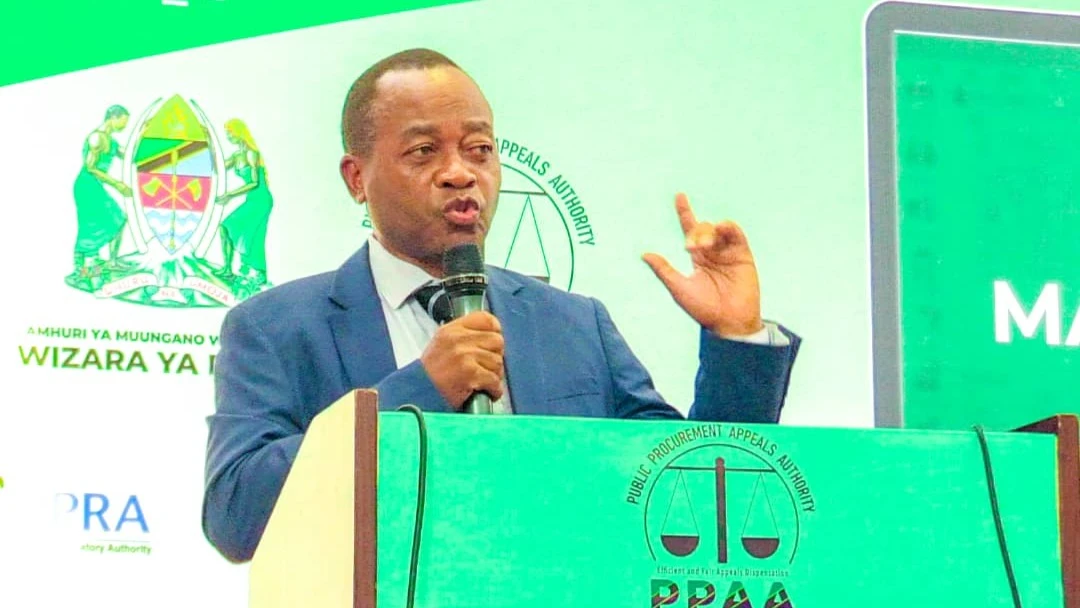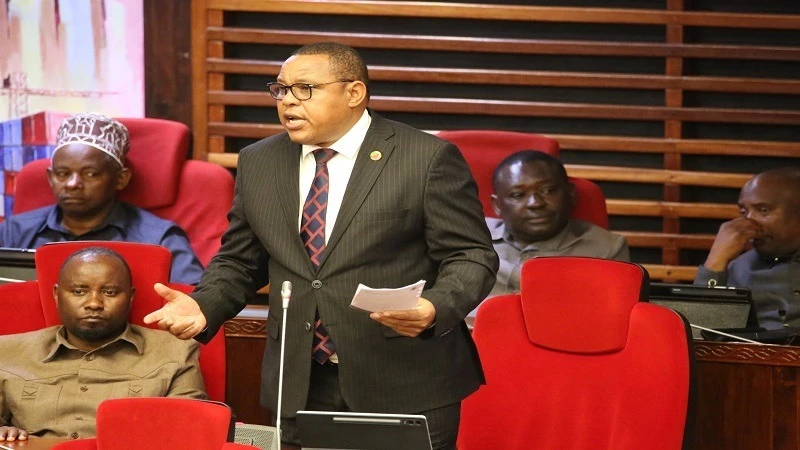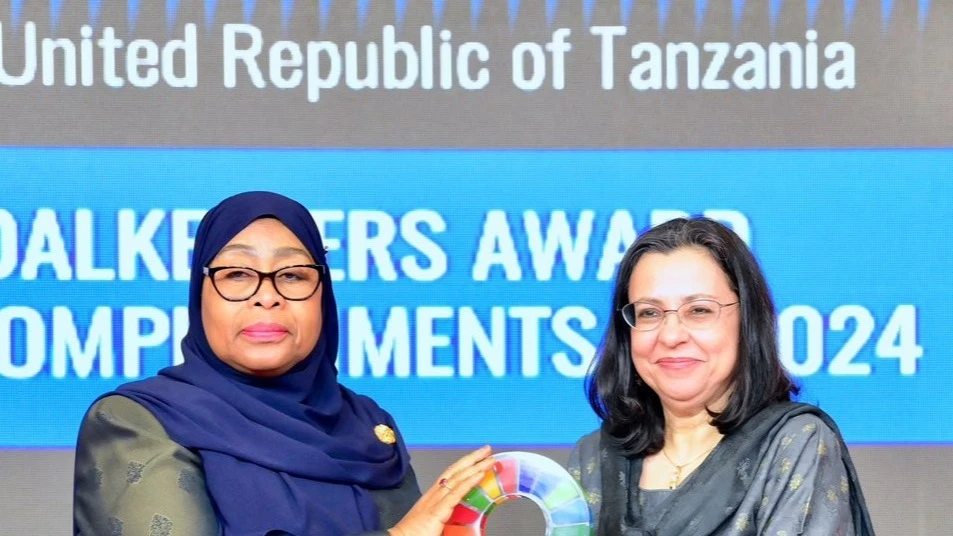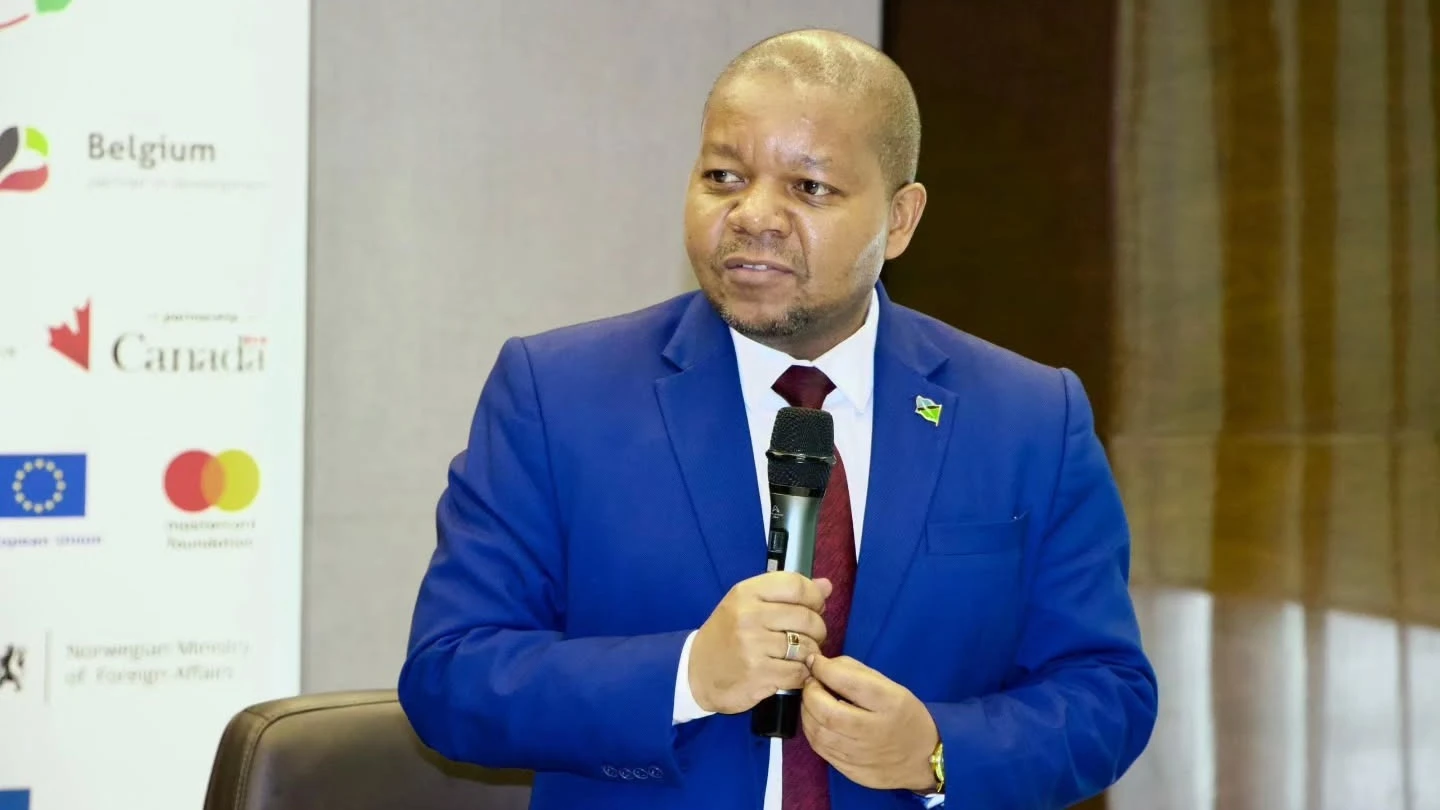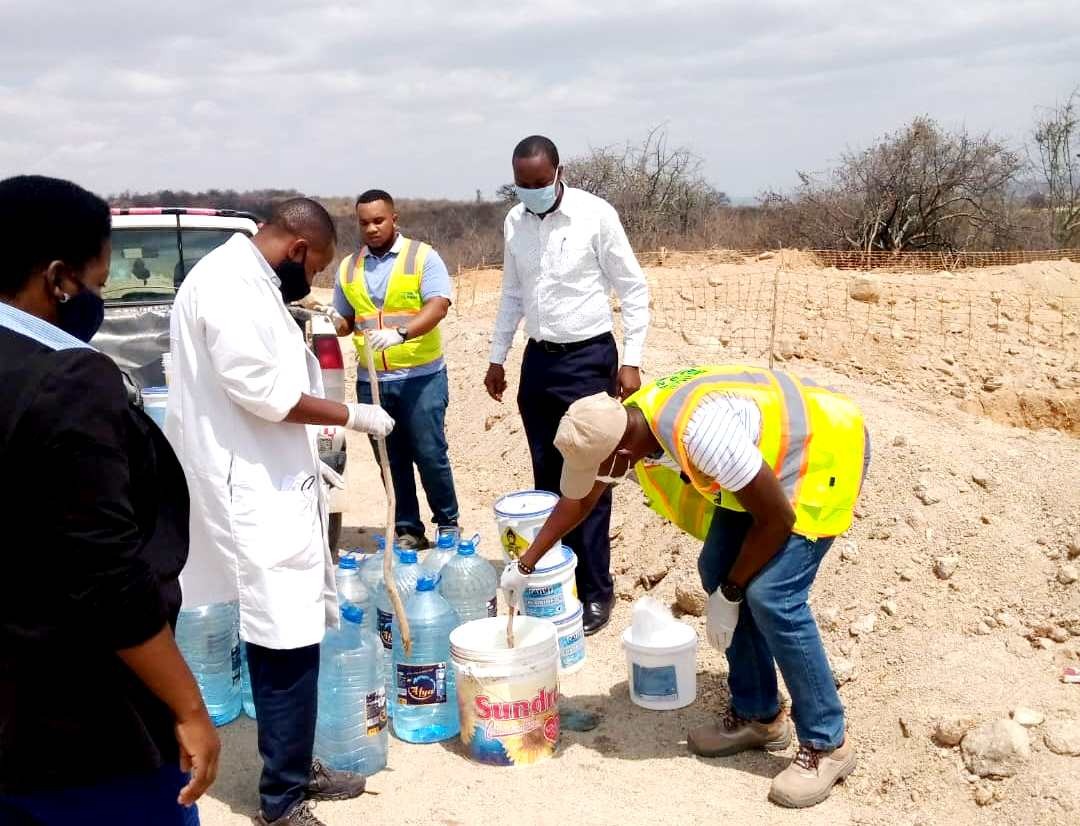Private sector urged to leverage technology in curbing corruption
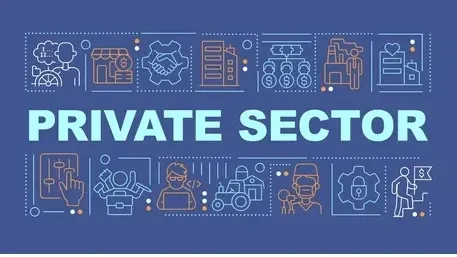
Private sector players have been urged to leverage technology as a critical tool in combating corruption and upholding business ethics.
Speaking at the 5th Africa Business Conference (ABEC), Francesco Checchi, Team Lead at the United Nations Office on Drugs and Crime (UNODC) Africa Anti-Corruption Hub, noted that advancements in technology have significantly enhanced transparency and accountability in public and private sectors.
E-governance solutions now enable citizens to track bureaucratic processes and verify public service information, reducing corruption opportunities and empowering accountability.
Representing the Principal Secretary of the State Department for Investment Promotion, Ms. Patricia Aruwa, Director of the Directorate of Business Environment, stressed the importance of integrity in fostering a conducive investment climate.
She underscored that the cost of inaction against corruption far outweighs the cost of maintaining ethical practices.
The government is actively addressing integrity issues to attract investments and build trust within the business environment.
This year’s ABEC, themed “A Brave New Africa: Business Growth in a Time of Economic Turbulence,” convened over 200 business leaders, policymakers, and stakeholders, including the Kenya Private Sector Alliance, Kenya Association of Manufacturers, and the Kenya Chamber of Commerce.
ABEC Convener Fatma El Maawy highlighted the platform’s impact in raising awareness about corruption and its toll on Africa, which loses an estimated $140 billion annually to corruption and $60 billion to illicit financial flows.
The 2023 Kenya National Ethics and Corruption Survey ranked corruption as the fourth most pressing national issue after the cost of living, unemployment, and poverty.
Jacqueline Mugo, CEO of the Federation of Kenya Employers, emphasized the detrimental impact of corruption on business competitiveness.
She highlighted how corruption increases costs, discourages investment, and damages reputations, urging businesses to adopt ethical practices as a foundation for sustainable growth.
Kenya Airways Chief Human Resources Officer Tom Shivo and Safaricom Chief Corporate Security Officer Nicholas Mulila both pointed to the role of digital tools in addressing corruption challenges.
Mulila explained how Safaricom equips its employees and partners with tools for risk assessment, reporting, and compliance.
He stressed that collective action is essential to tackling corruption, as no single organization can address the issue alone.
The conference concluded with a call to action for private sector players to align anti-corruption strategies with business goals, utilize technology for compliance and risk management, engage tech-savvy youth to champion transparency, and reward businesses that consistently demonstrate ethical behavior.
Since its inception in 2019, ABEC has fostered dialogue on mitigating corruption and promoting integrity across Africa’s business landscape.
Top Headlines
© 2025 IPPMEDIA.COM. ALL RIGHTS RESERVED













